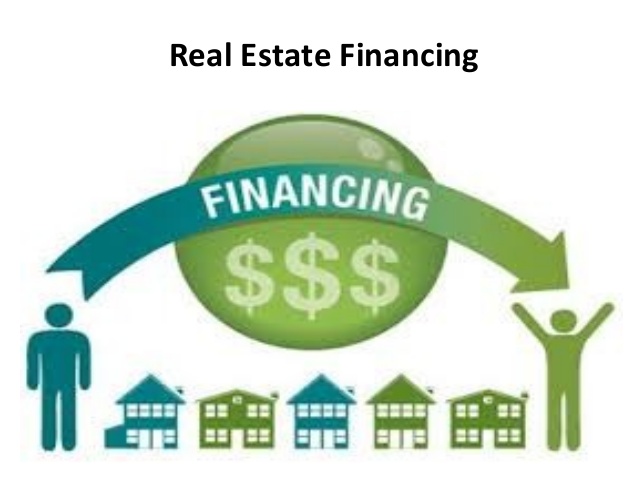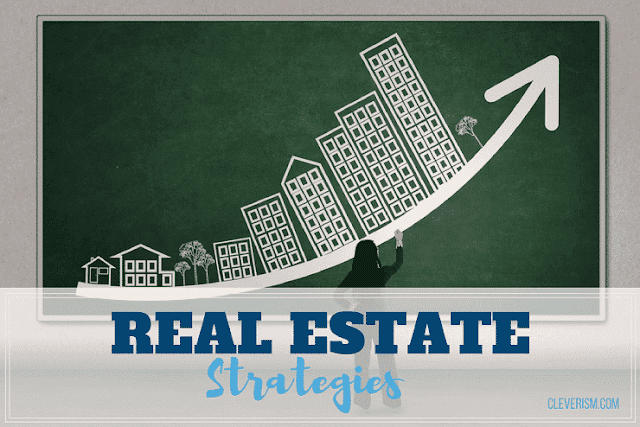

What Does Your Investment Strategy Look Like?
Congratulations! You're currently investing or planning to invest in real estate. But what does your investment strategy look like? Are you looking to invest in single family, multifamily, commercial properties or something else? Do you see yourself investing in one property or multiple ones and how long do you plan on holding these properties? What types of tenants are you looking to attract and where is the location of your investment? Will you buy personally or under a corporate entity, such as an LLC? And finally, are you looking to finance your purchase(s) or purchase by cash?

Defining your goals will help you choose the type of property you want to invest in. Perhaps you are looking at a single family home to rent or fix and flip it. Or you might be interested in investing in a multifamily unit for multiple rent sources or you may want to house hack it. (You know, live in one unit and rent out the other.) Maybe you want to start your own business or buy a property to lease out. Buying land only is also an option that allows you to create from a blank canvas. Whatever you choose, pick the type that most interests you, fits your plans and. most importantly, has the potential to make money for you.

Does your strategy call for owning just one property or multiple ones? There's no right answer here as everyone's investments are in different stages. More than likely when starting out, you would choose just one property and make the most of it. And as you gain experience, adding on might be the best choice. But it depends on several factors that include things such as your income vs expenditures, your time needed to maintain multiple properties though many choose property managers and the tax advantages involved. A growing portfolio can look more enticing to lenders, offer diversity to your tenants and can really save you in times where some of your rentals may be vacant. And of course finances will always dictate where you are and where you are going.

How long should you hold onto properties? Not an easy answer. You may want to contact your tax accountant for a better understanding of the advantages or disadvantages involved. Having answers allows you to adjust your plans to buy and hold or payoff. For example, many investors buy properties for cash, fix them up, rent them out and then pull out the equity to buy other properties; Also know as the BRRR strategy. But again, consult the experts to make the right move. You also need to be aware of when one of your properties just isn't producing the same returns as it once did. Review performance factors such as changing neighborhood characteristics, rents not increasing to today's standards, property not as enticing as it once was, or other market changes such as gentrification of surrounding neighborhoods. Keeping up with real estate trends can help you determine if it's time to make a change.

What types of tenants are you seeking? Yeah I know, the ones who pay their rent!! lol. Obvious, but what I really mean is are you looking for short term rentals, long term rentals, families, non-families, professionals, students, etc. as this can also dictate your desired location. Every city has neighborhoods that are more or less conducive to specific types of tenants. So know your desired market. Not sure? Consult an expert especially if you are an out of town investor.

Will that be cash or credit? Though no longer asked, when the concept of buying on credit started, this question was quite popular. Nowadays there are so many ways to finance real estate purchases including some pretty creative financing. Again the best advice is to consult your attorney or CPA. Paying by cash, even if you have the means to do so, may not be the best approach in all situations. Understanding your options in financing helps you to make the best decision. And please think through your intention to either purchase personally or under a corporate veil, such as an LLC. As with everything, consult your tax and legal professionals. Any purchase over 4 residential units will likely dictate a commercial purchase agreement and terms. Be cautious of deed transfer taxes if you move your property from personal to under your LLC. Best to keep these in mind while making your plans.

Not every strategy will work on the same property, but the idea here is to explore your options when purchasing real estate for investment purposes. You can't succeed without a plan!




Comments